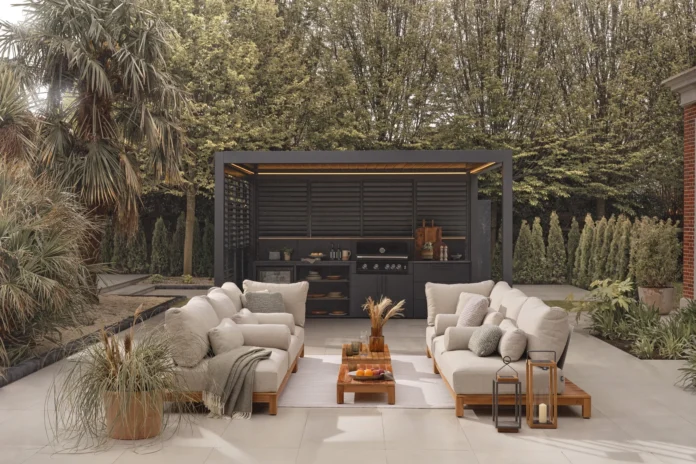In an age where security is paramount, the thought of a locksmith easily gaining access to your home can be unsettling. While locksmiths are professionals trained to help us in times of need, their skills also highlight potential vulnerabilities in our home security systems. If a locksmith can get in, what’s stopping a determined intruder? Here’s how you can bolster your home’s defences and sleep a little easier at night.
Understanding A Locksmith’s Unique Set Of Skills
Locksmiths are adept at bypassing locks, a skill that’s essential for their trade. They use specialised tools and techniques to open doors without causing damage. This proficiency, while beneficial in emergencies, underscores the importance of having robust security measures in place. If a reliable emergency locksmith can access your home with relative ease, it’s a wake-up call to evaluate and enhance your security.
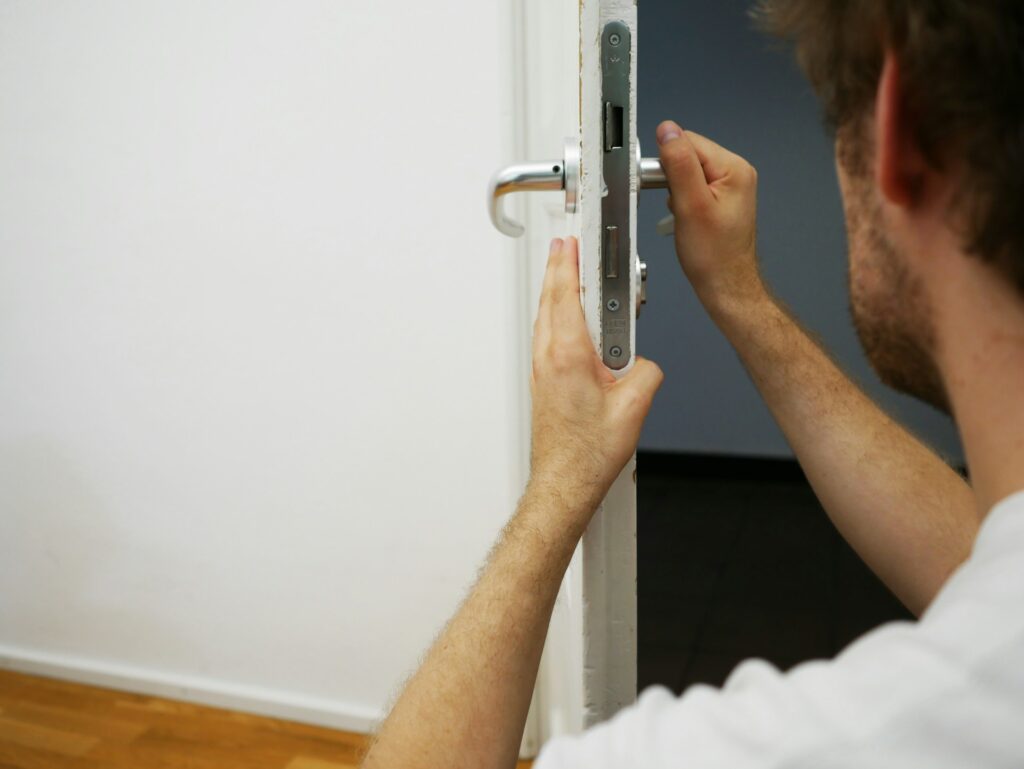
Undergoing rigorous training to master their craft, which includes learning technical skills like picking and rekeying locks, understanding the mechanical workings of various locks, and gaining knowledge about modern electronic security systems, in many countries, locksmiths must complete a certification process to ensure they meet industry standards. In the UK, locksmiths can obtain certification from organisations such as the Master Locksmiths Association (MLA), which involves passing exams and demonstrating practical skills.
Perhaps most importantly where secure and simple peace of mind are concerned, professional locksmiths adhere to a strict code of conduct to ensure they operate ethically and responsibly. This includes maintaining confidentiality, providing honest and transparent services, and upholding a high standard of workmanship and customer service. Members of professional organisations like the MLA are subject to regular inspections and audits to ensure they continue to meet these standards.
That said, since you’re here we can safely assume that you’re a little concerned about the vulnerability of your property to intrusion. Here are some ways to better safeguard it.

Innovative Security Solutions
While traditional methods of securing your home are essential, there are several more modern approaches that can provide an additional layer of protection.
Biometric Locks
Biometric locks use fingerprint recognition or retinal scans to grant access. These locks are incredibly difficult to bypass without the correct biometric data, making them a highly secure option. They also eliminate the risk of lost or stolen keys.
Decoy Security Systems
Create the illusion of heightened security with decoy cameras and alarm systems. While these devices may not provide actual surveillance, they can deter potential intruders who believe they are being watched.
Smart Home Integration
Integrate your security system with your smart home devices. For example, you can set your lights to turn on and off randomly when you’re away, simulating occupancy. Smart doorbells with video capabilities allow you to see and speak to visitors remotely, adding an extra layer of security.
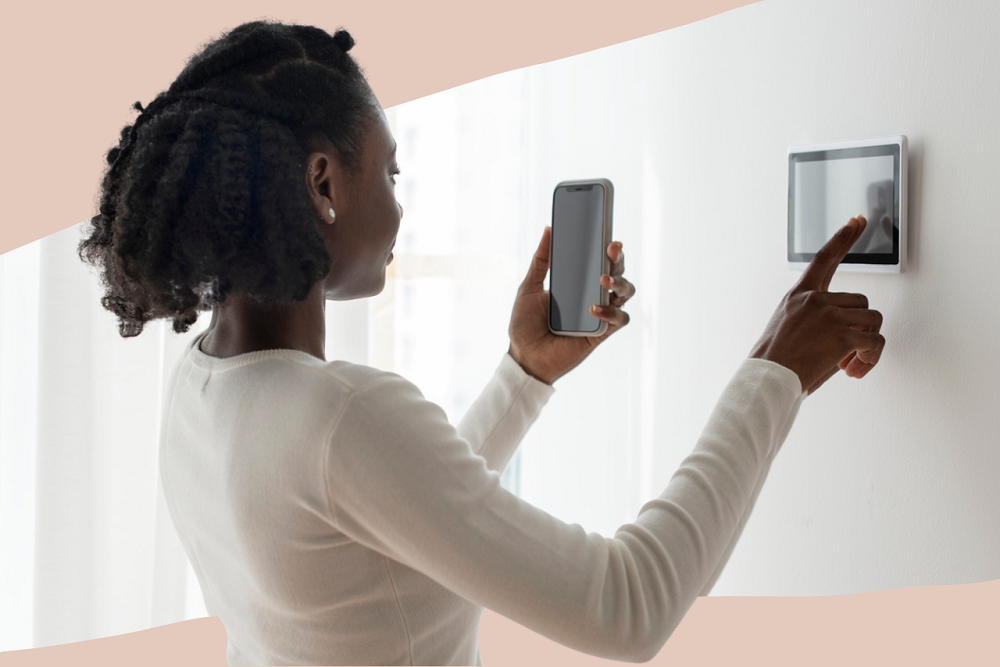
Security Landscaping
Use landscaping to your advantage. Thorny bushes and plants under windows can act as natural deterrents. Gravel paths make it difficult for intruders to approach quietly. Additionally, strategic placement of outdoor lighting can eliminate hiding spots.
RFID Door Locks
Radio Frequency Identification (RFID) locks use a keycard or fob to grant access. These locks are difficult to pick and can be programmed to allow access only during certain times, adding an extra layer of control over who enters your home.
Read: What you need to know about RFID
Security Fog Systems
Security fog systems are an innovative way to protect your home. When triggered, these systems release a dense fog that obscures vision, making it nearly impossible for intruders to see or navigate. This can buy valuable time for authorities to respond.
Voice-Activated Security
Voice-activated security systems can add an extra layer of protection. These systems can be programmed to respond to specific voice commands, allowing you to control locks, alarms, and cameras with your voice. This can be particularly useful in emergency situations.
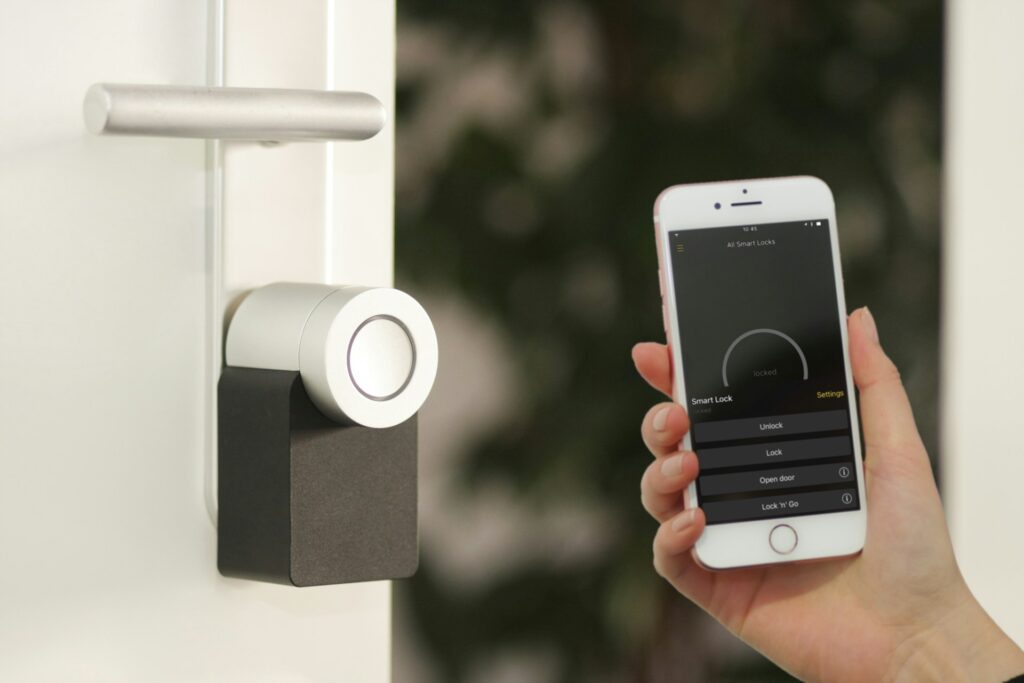
Reinforcing Entry Points
Locks are just one part of the equation. Strengthening the physical barriers to your home is equally important.
Doors, Windows & Sliding Doors
Solid core or metal doors are much harder to break through than hollow core doors. Reinforce door frames with strike plates and use long screws to secure hinges and locks.
Windows are also common entry points for intruders. Install window locks and consider adding security film to make the glass more resistant to shattering. Window sensors and alarms can also provide an additional layer of protection.
Especially vulnerable to forced entry are sliding doors. Use a security bar or rod in the track to prevent the door from being forced open. Additionally, consider installing anti-lift devices to stop the door from being lifted off its track.
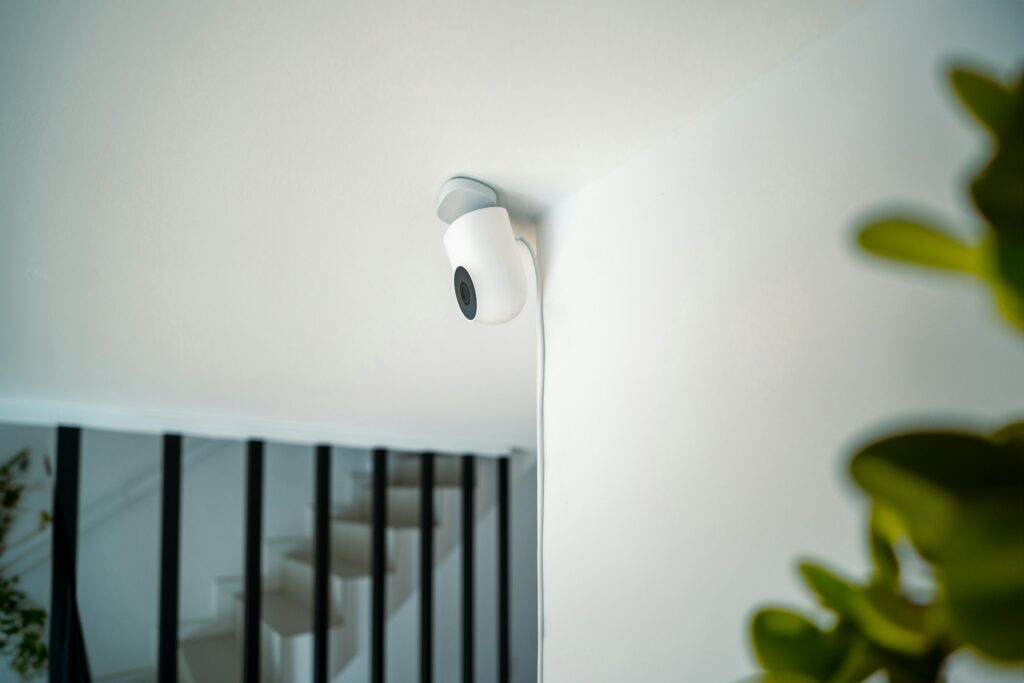
Enhancing Surveillance
Visibility is a powerful deterrent. Intruders are less likely to target homes that are well-monitored.
CCTV Cameras, Motion Sensor Lights & Alarm Systems
Install CCTV cameras around (and even inside) your property, focusing on entry points and vulnerable areas. Modern systems offer high-definition footage, night vision, and remote access, allowing you to monitor your home from anywhere.
Motion-activated lights can startle potential intruders and draw attention to their presence. Place these lights around entry points and dark corners of your property.
A comprehensive alarm system can alert you and the authorities to any unauthorised entry. Look for systems that offer door and window sensors, glass break detectors, and panic buttons.
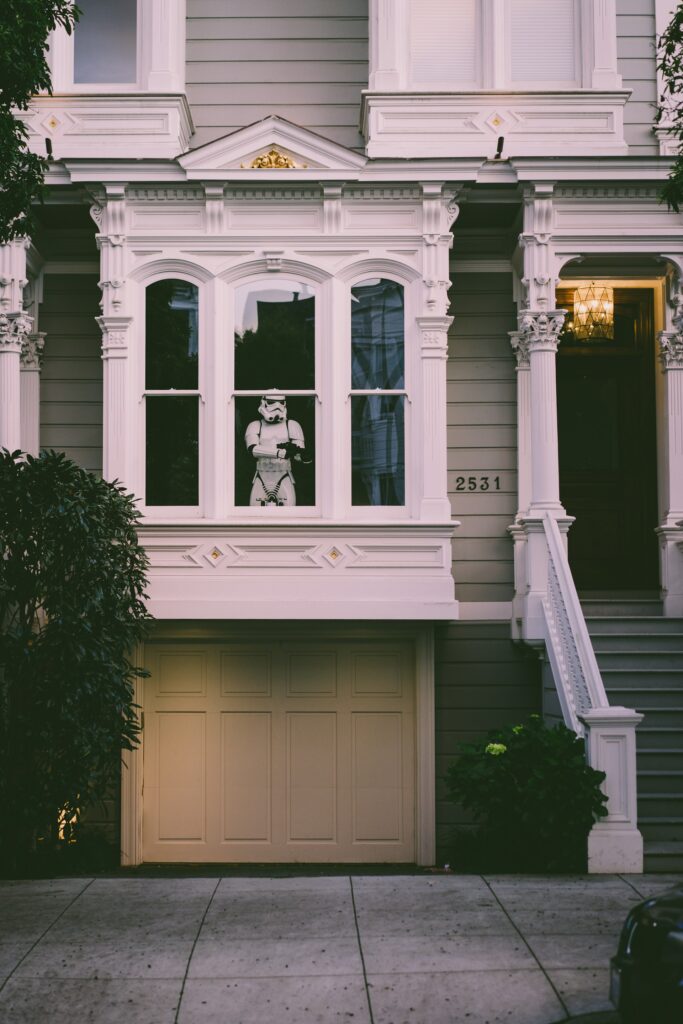
Some Security Tips From The Old School
Sometimes, the tried-and-true methods of yesteryear can be just as effective as modern technology. Here are a couple of old school tips to enhance your home security:
Make It Look Like You’re Home
Intruders are less likely to target a building that appears occupied. When you’re away, leave a radio or television on to create the illusion of activity. You can also use timers to turn lights on and off at different times, mimicking your usual patterns.
Don’t Leave Tell-Tale Signs
Avoid leaving obvious signs that you’re not home. For instance, don’t let mail or newspapers pile up, and make sure to cancel any regular deliveries like milk if you’re going to be away for an extended period. Ask a neighbour to collect your post or park their car in your driveway to give the impression that someone is home.
The Bottom Line
While the skills of a locksmith can be eye-opening, they also provide valuable insights into how we can better protect our homes. By upgrading locks, reinforcing entry points, enhancing surveillance, adopting a security-conscious mindset, and incorporating both innovative and old school methods, you can significantly reduce the risk of intrusion. Remember, the goal is to make your home a less attractive target for intruders, ensuring peace of mind for you and your loved ones.





